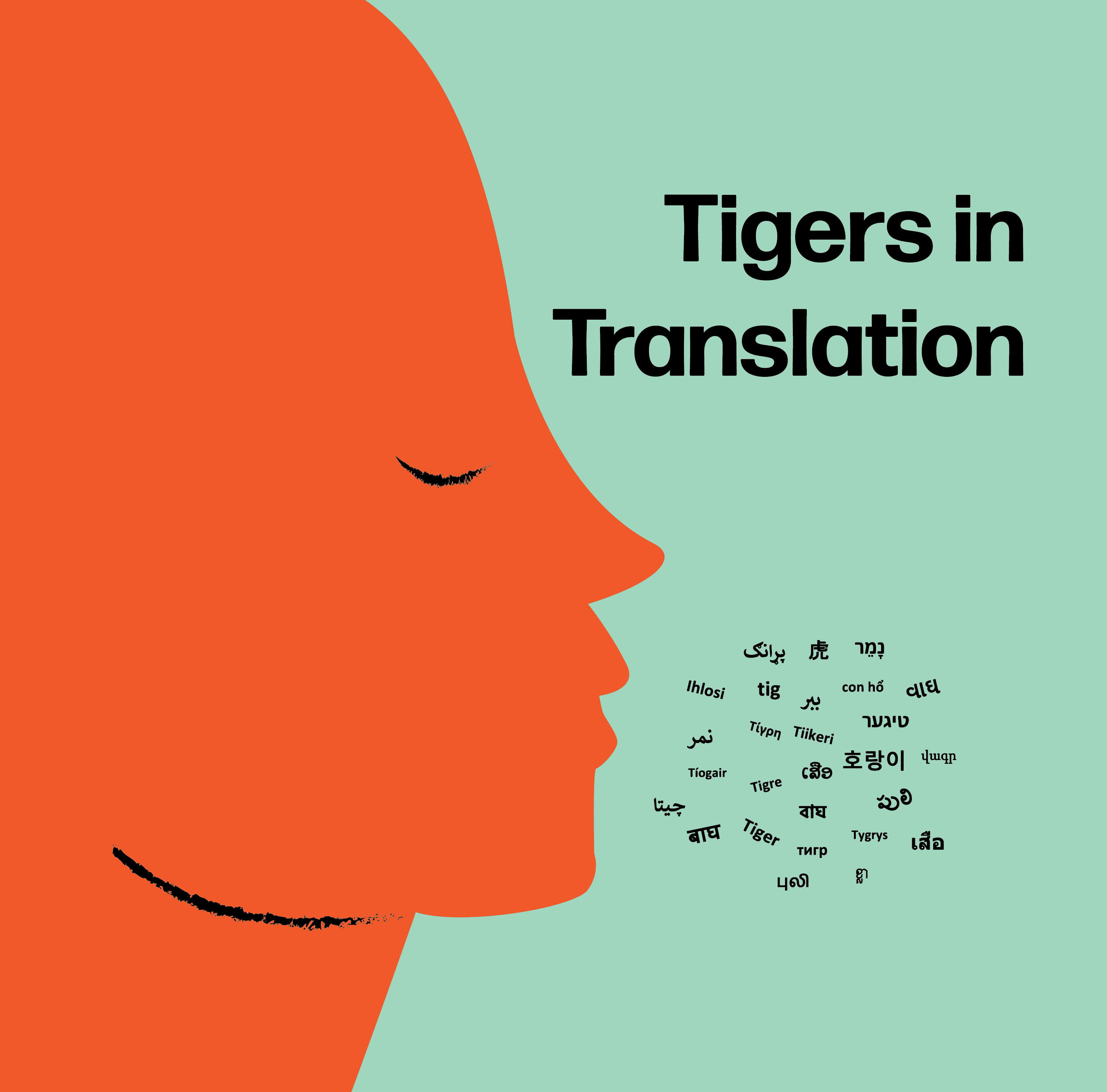By Jon Garaffa ’20, Humanities Council
How do diverse language backgrounds shape students’ experiences on campus? A Rapid Response Magic Grant from the Princeton University Humanities Council has funded student employment and miscellaneous technological expenses for “Tigers in Translation,” a podcast about the language identities and experiences that Princetonians bring to college.
Led and advised by Shawn Gonzalez (Writing Program), the “Tigers in Translation” team (tigersintranslation@gmail.com) consists of Amanda Banh ’23, Tyler Bennett ’23, Londy Hernandez ’23, Maryam Kamel ’23, Anika Maskara ’23, and Tanvi Nibhanupudi ’23. Since the summer, they have interviewed a wide selection of undergraduates. The guests speak a language other than English at home, have lost a language that they spoke as children, or speak a different version of English than the dominant variety on campus. Ultimately, the podcast seeks to build community around language at the University and to contribute to a greater conversation about language identity.
The team has produced eight episodes of “Tigers in Translation,” releasing one episode per day from December 1 to December 8. Each episode includes a student’s uninterrupted language background story followed by a question-and-answer interview on broader issues related to language, identity, experience, and the University. Topics include intersections between languages and cultural backgrounds, language learning challenges, and bilingual moments. The podcast is available on Apple Podcasts, Google Podcasts, Amazon Music, Listen Notes, Podbean, and the Tigers in Translation website.
Kamel, a producer and host for “Tigers in Translation,” also shared her story as a guest on the podcast. Born in Egypt and raised speaking Arabic, she moved to the U.S. in fifth grade and learned English as a second language. After immigrating, she questioned why she was taught English back in Egypt while American youth did not typically learn Arabic. On campus, she connected with students who share her language background through the Coptic Club. Her upbringing helped her to speak about her culture from firsthand experience when taking an ancient hieroglyphics course at Princeton. In class, she felt that she could offer a distinctive take on Arabic and the Middle East, beyond the Western perspective familiar to many of her classmates.
“We sometimes shy away from what makes us different,” Kamel noted. “I’m hoping people become more open about their backgrounds, to have these conversations when they are back on campus, and to be comfortable that they have this unique aspect about them.”
Another student, Darius Rudasingwa Ganza ’24, recounted a sudden switch to learning English after the national language of instruction changed in his home country of Rwanda. He explained how mastering English seemed key to his dream of attending a prestigious university in the United States. However, his lessons required him to suppress certain aspects of himself that represent his identity, such as his Rwandan accent. Ganza insisted that one’s voice and accent, as indicators of one’s origins, should not be silenced.
Ella Gantman ’23 recalled her early years in an orphanage following her birth in rural China. Adopted by a Jewish-Argentinian mother and Jewish-American father, she was raised to speak Spanish and English in her new home in the United States. As someone of Chinese descent, she saw her inability to speak Chinese as an incongruence in her identity. She later ceased her instruction in Spanish as well, because she felt it differentiated her from her friends. However, upon coming to Princeton, she decided to own the Spanish that her adoptive mother taught her and is now pursuing a Spanish certificate. As for her Chinese background, Gantman came to realize that she does not need to know Chinese to embrace her heritage.
The student body proved quite receptive to the team’s request for storytelling volunteers, reported Maskara, another student producer and host. She found their openness refreshing.
Maskara first joined the project at the encouragement of Gonzalez, her writing seminar professor. Her parents and sister having been born in India, Maskara grew up in an immigrant family learning both Hindi and English. For “Tigers in Translation,” her duties included designing the series logo and coaching student volunteers on how to craft their stories. She has always welcomed befriending others with similar experiences, and so these activities thrilled her all the more during a remote semester that made meeting people hard.
The virtual environment has presented obstacles to production. Finding times to meet proved difficult, considering the various locations of the production team and storytellers. The project leaders hope to take advantage of the improved recording resources available on campus should they come back next semester. But overall, “Tigers in Translation” provided a sense of purpose during the pandemic, according to Kamel.
“Working on the podcast was fun, exciting, and very empowering,” said Kamel. “It is important to give underrepresented voices a chance to shine and tell their own stories and experiences, especially on campus.”
















